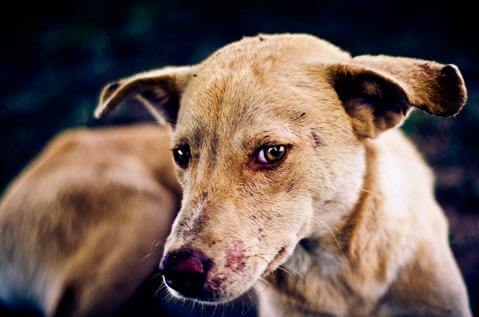Unlock this story — it’s free
The Department of Agriculture, Land Reform and Rural Development has issued a nationwide rabies alert following a spike in infections among dogs, Cape fur seals, and other mammals. The department confirmed on 04 November that several human deaths linked to dog-transmitted rabies have already been reported this year in KwaZulu-Natal, Eastern Cape, and Limpopo.
What Happened
Rabies, a fatal viral disease that affects all mammals, spreads through the saliva of infected animals, typically via bites, scratches, or licks. Once clinical signs appear, it is almost always fatal but infection can be prevented through animal vaccination and immediate medical care for anyone exposed.
“The public is urged to keep away from stray animals and not to touch them. If a person suspects that an animal has rabies, they should report this to the nearest state veterinary office, welfare authority, or the police,” the department stated.
Health officials confirmed that rabies remains common in dogs in KwaZulu-Natal, Eastern Cape, and Limpopo, posing the greatest risk to humans. The disease has also become endemic among Cape fur seals, with new cases detected on Western and Eastern Cape beaches.
“Seals not only pose a rabies risk but may also transmit other diseases and inflict serious injuries,” the department warned.
Official Response
The Department of Agriculture outlined its continued monitoring and vaccination campaigns, urging pet owners to comply with rabies vaccination laws.
“All dogs and cats must be correctly vaccinated throughout their lives. This is a legal requirement,” the statement read.
Veterinary teams are coordinating with local municipalities to track infected animals and respond rapidly to reported incidents. The National Institute for Communicable Diseases (NICD) also provided post-exposure guidance through its rabies resource portal.
The department further reminded travellers to ensure their pets’ vaccination records are up to date and to avoid any direct contact with wild or stray animals, especially seals and feral dogs.
Community Impact
Public health experts have expressed concern that rising rabies infections may affect rural and coastal communities, where vaccination coverage is often low. The department has intensified awareness drives, particularly in Eastern Cape coastal zones and northern rural districts, urging residents to act fast if bitten or scratched.
“Anyone bitten, scratched, or licked by a suspected rabid animal should immediately wash the area with soap and running water for at least 15 minutes and seek urgent medical care,” the department emphasized.
Authorities hope that swift reporting, responsible pet ownership, and community vigilance will curb further spread of the disease.








